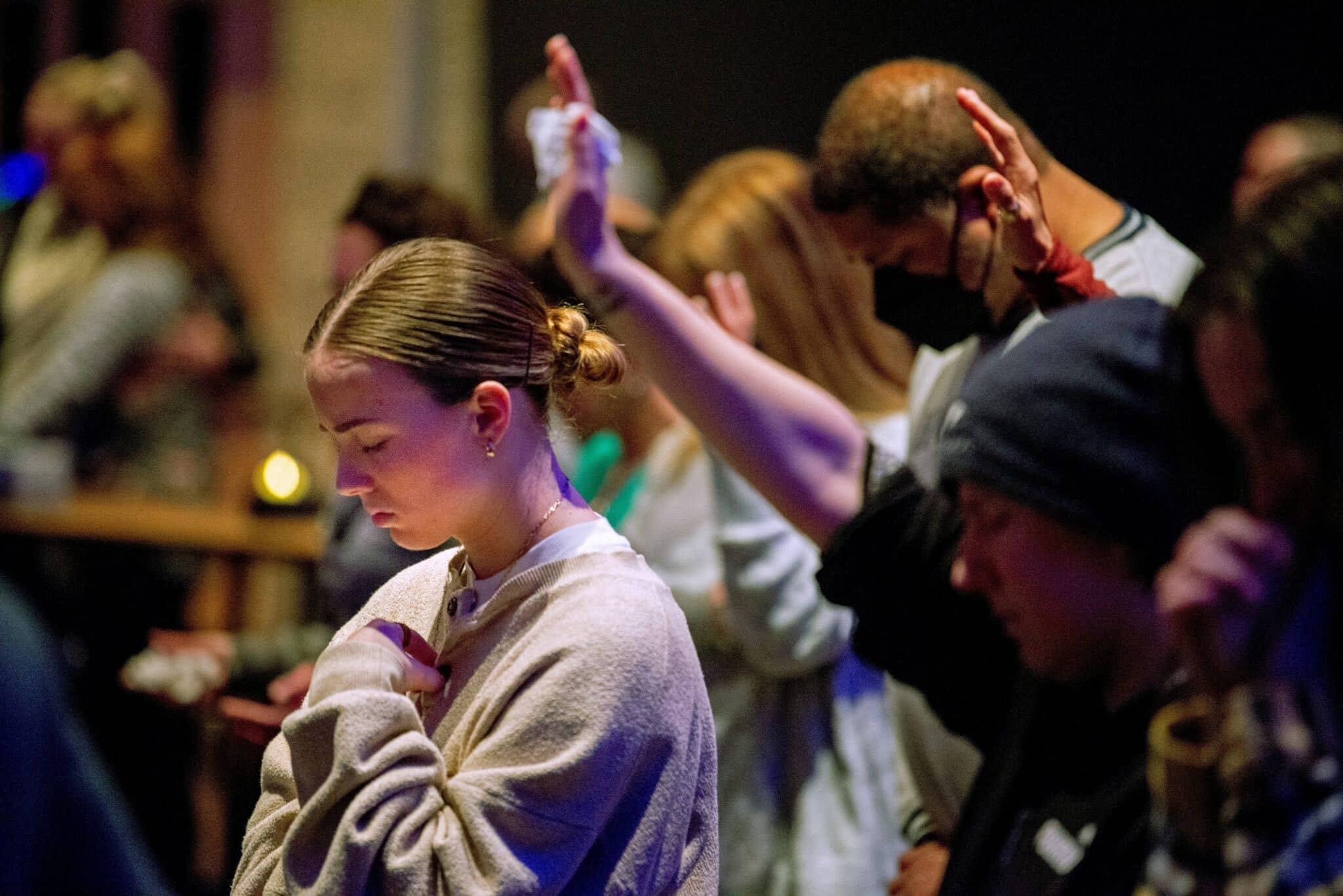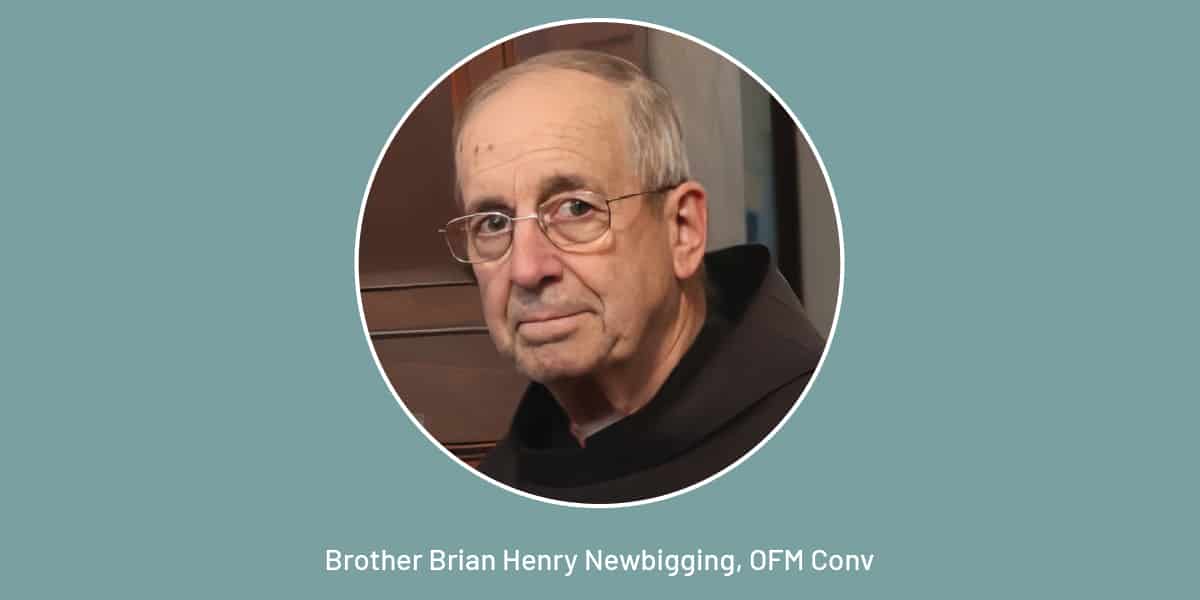In the beginning of his book Already There: Letting God Find You, Mark Mossa, SJ, writes: “Thus, to speak about a spirituality for young adults is to speak about a spirituality of desire. The goal of that spirituality is nothing more—and nothing less—than to be with God.”
Spirituality, especially one that draws on the richness of the Franciscan tradition, has to be about desire. Reflecting on the writings and legacy of Francis and Clare of Assisi, I believe that the image of dating helps sum up what it means to talk about desire for God. To talk about desire for God is to talk about the “longing and pining” for God (as Psalm 42 puts it) that shines through eight hundred years of tradition and continues to inspire women and men of goodwill today. To talk about Franciscan spirituality for the next generation is to talk about desire, love, and relationship.
There are many ways to live one’s life. The blessing and curse of being created in the image and likeness of God is that we get to decide for ourselves which path to take on our earthly pilgrimage. We might start off like the young adult Francis of Assisi, not very concerned about the issues of the world apart from having a good time and making some money. But we might also find ourselves, like Francis a little while later, newly aware of the presence of God in our lives. That presence that draws us forward and calls us to respond to the invitation of relationship that God offers us even before we were born.
“Before I formed you in the womb I knew you, and before you were born I consecrated you; I appointed you a prophet to the nations.”
What has our journey looked like so far? How do we imagine it looking in the future? That we are on a journey of life—a pilgrimage—toward a goal of returning with all of creation to God should open our eyes to see the world anew and to recognize how the love of God, God’s desire to be in relationship with us, can change our lives forever. With that new way of seeing the world I don’t see my enemy as an enemy but as my brother or sister in Christ.
With that new way of seeing the world I don’t see creation as an opportunity to exploit or a resource to squander but as a part of the broader cosmic family that God also loves deeply and deliberately chose to create. With that new way of seeing the world I see myself not as something less than or greater than who I am in the sight of God but as my True Self. A Franciscan spirituality for the next generation is about seeing the world as God sees it.
One way the Franciscan tradition should shape or influence our lives is to remind us that our relationship with God is not all that different from our other forms of relationship. It takes communication, time, effort, attention, and love.
To be in relationship with God means traveling on the two-way street of shared experience, opening ourselves up to God in a way that allows God into our lives. Perhaps most important, relationship with God means that we can’t simply live in isolation (“me and God”) to the exclusion of others. The love we share with God should spill over into our interactions with all people, building others up and announcing the Kingdom of God with our lives.
Francis did some amazing things during his life, but it wasn’t the extraordinary things that made him a saint and still revered today. Most of Francis’ life was lived simply and ordinarily. How he did those ordinary things, the embrace of a marginalized person outside the Assisi walls, the conversation with a leader of another faith, the nonviolent being-in-the-world, the love of all creation, the simplicity of his needs and desires—this is what made him a saint. The way we live our lives, striving to make our whole lives our prayer, is what will make us saints too.








